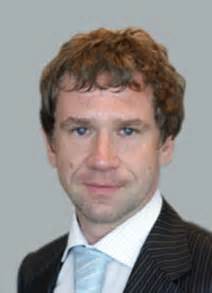A Quote by Aristotle
Metaphysics involves intuitive knowledge of unprovable starting-points concepts and truth and demonstrative knowledge of what follows from them.
Related Quotes
Metaphysics is the study of the most general nature and basic structure of reality, and therefore the concepts of metaphysics, concepts like time, space, identity, resemblance, substance, property, fact, event, composition, possibility, etc., are the most fundamental concepts. Thus metaphysics is the most fundamental theoretical discipline.
All those formal systems, in mathematics and physics and the philosophy of science, which claim to give foundations for certain truth are surely mistaken. I am tempted to say that we do not look for truth, but for knowledge. But I dislike this form of words, for two reasons. First of all, we do look for truth, however we define it, it is what we find that is knowledge. And second, what we fail to find is not truth, but certainty; the nature of truth is exactly the knowledge that we do find.
The role of metaphysics in relation to other disciplines, whether philosophical or not and including the natural sciences, is thus a foundational role. Lack of clarity in the concepts of metaphysics implies lack of clarity in other disciplines - both theoretical and practical disciplines - employing those concepts or employing concepts that depend on those of metaphysics.
Those who are not capable of sinning are said that they have attained freedom. The knowledge of the Truth raises them even more. This makes them both free and above this world. But only Love creates. He who became free thanks to knowledge, because of Love remains a slave of those who have not managed to attain the Freedom of knowledge yet. He brings the knowledge to them and this develops the latter because it calls them to the Freedom. Love takes nothing: how can it take something? Everything belongs to it. It does not say, "This is mine! And this is mine!" But it says: "This is yours!"





































